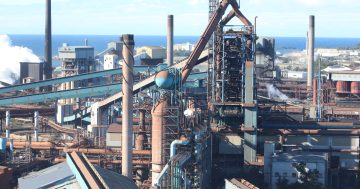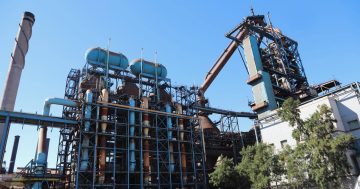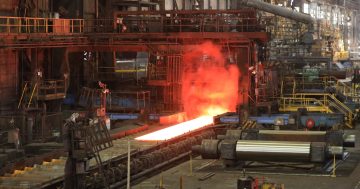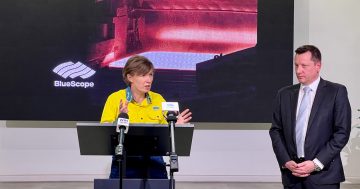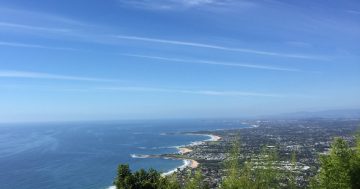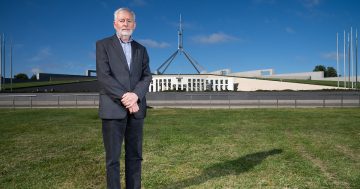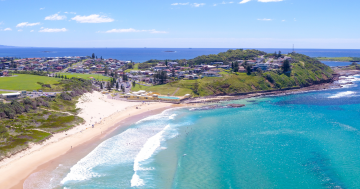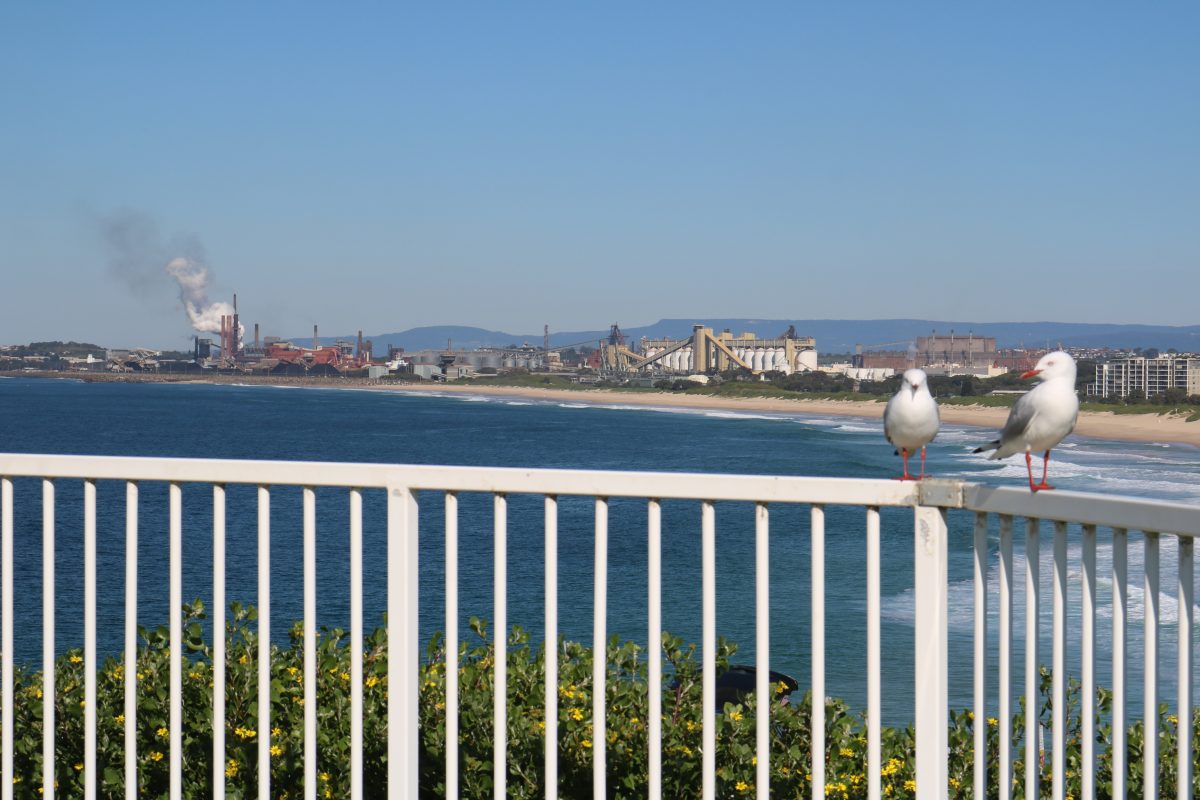
Among BlueScope’s non-financial performance indicators in FY2025 was the progression of the blast furnace reline and upgrade at Port Kembla. Photo: Jen White.
BlueScope has reported a softer year compared with 2023 in the context of slower economic growth and lower consumer spending, according to its 2024 Full-Year Results.
The report reflected an underlying EBIT (earnings before net finance costs, taxation and material items) of $1.34 billion and return on invested capital of 11.9 per cent.
Its FY2024 net profit after tax of $805.7 million reflected a $203.5 million decrease on FY2023.
The organisation delivered more than $500 million in shareholder returns and closed with a $364 million net cash balance sheet. The result was down on last year, but the company announced a 30 CPS (cash per share) dividend and an extension of the current buy-back tenor.
Per the report, current external challenges contributing to trading conditions included the Asia spread, which sat stagnant at the bottom of the cycle. The report cited a high level of regional steel production and exports, affecting both steel prices and raw material costs.
Inflationary cost pressures also contributed, including the impact of increased energy costs, particularly electricity in Australia.
The US spread also contracted materially, where spot pricing visibility and channel buying behaviour softened spreads to post-pandemic bottom-of-the-cycle levels.
The report stated the convergence of external challenges reinforced the importance of BlueScope’s strategy to maintain a globally competitive cost base and drive the shift to domestic, value-add products to support margins.
The outlook for the first half of FY2025 compared with the second half of FY2024 varied across the regions. BlueScope expected a result around half that of the second half of FY 2024 in North America, higher results in Asia, a result about 50 per cent higher in New Zealand and a slightly improved performance for the Corporate and Group.
A moderately softer result was expected in Australia as stronger benchmark spreads are offset by weaker realised pricing on a lower domestic import parity price relative to the index, and softer US export prices, higher realised raw material and conversion costs (including a higher electricity bill by about $25 million) and an unfavourable export product mix.
BlueScope CEO Mark Vassella said while the numbers reflected lower results than FY2023, it still represented “a solid performance in the context of macroeconomic and industry volatility” and demonstrated BlueScope’s resilience.
“Operating cash flow for the year, after capital expenditure, was $434 million. This was lower than FY2023 due to slightly lower earnings, higher working capital, and higher capital expenditure, as we invest to secure long-term sustainable earnings and growth,” he said.
“Despite the lower operating cash flow, BlueScope again finished the year with a robust balance sheet, with $364 million net cash.”
The report outlined some wins among its non-financial performance indicators, including progressing a range of projects to drive sustainable earnings and growth, including the approval of its “North Star” de-bottlenecking initiatives to increase capacity by 10 per cent.
The report stated that the company continued to execute its “Transform, Grow, Deliver” strategy, pointing to several highlights including, in Australia, the progression of the blast furnace reline and upgrade at Port Kembla.
On its environmental goals, BlueScope signed an agreement and began a collaboration with Rio Tinto and BHP to jointly investigate developing a Direct Reduced Iron-Electric Smelter Furnace (EAF) technology pilot plant using Pilbara ores.
Co-funded by the NZ Government, the company also progressed the installation of EAF at NZ Steel, which is expected to reduce the business’s Scope 1 and 2 GHG emissions by at least 45 per cent.
On its steelmaking emissions intensity reduction target, BlueScope achieved a 12.2 per cent reduction since FY2018, in line with the company’s 2030 target.
The company also saw increased female representation to 25 per cent and maintained gender balance at the board and executive leadership team levels.









